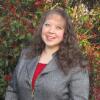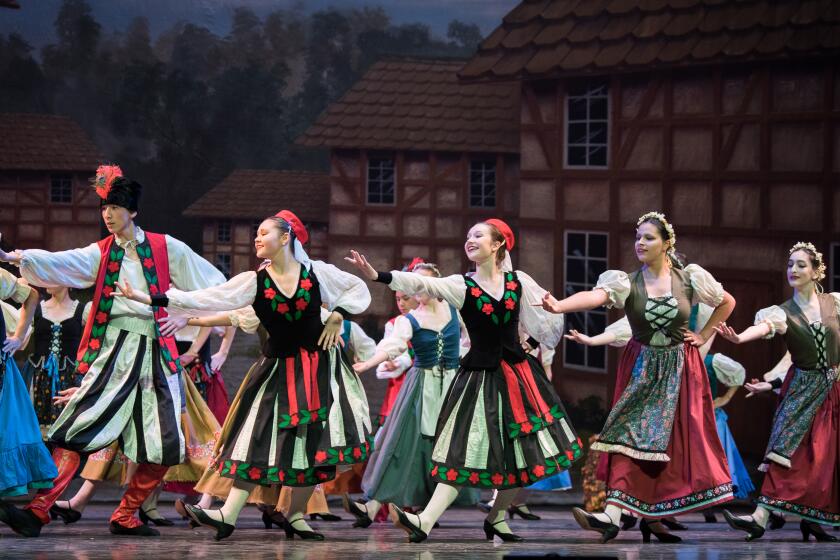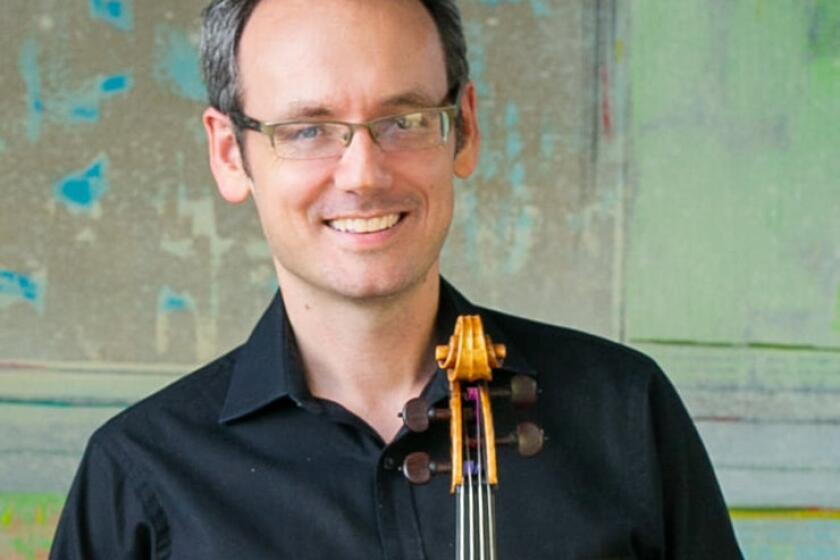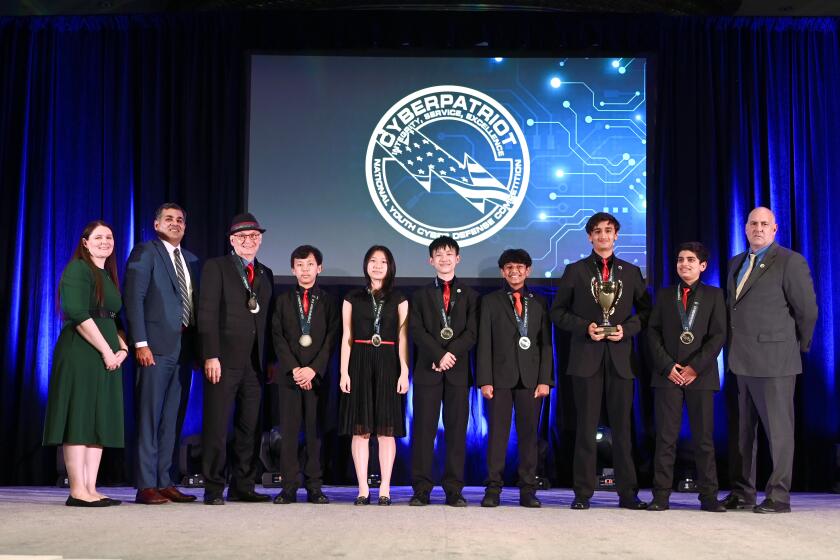California’s lieutenant governor says state, businesses must adapt to changing society
California and businesses will succeed in the future if they adapt to societal changes, according to Lt. Gov. Gavin Newsom during his visit to Rancho Bernardo.
“Government is on a collision course with the future. ... Mass collaboration is a totally new mind-set (in business and elsewhere). One-way conversations are dead. Now everyone wants to be in on the conversation and give feedback.”
He said California — and the world — is entering a new gilded age due to technological advances. “Businesses cannot thrive in a world that is failing,” Newsom said. “I am very concerned about what is happening to the middle class and the growing income inequality.
“When the highest percentage classification is low-wage (workers), where more than one-third earn less than $13.63 (per hour), that is not a sustainable business model for the state,” Newsom said when speaking 50-plus people from the business and government sectors during North San Diego Business Chamber’s May 8 Leaders of Change event, held at Sony Electronics in Rancho Bernardo.
Newsom, first elected as lieutenant governor in 2010 and re-elected last year, is a former two-term mayor of San Francisco and former member of the San Francisco Board of Supervisors. He is also a 2018 gubernatorial hopeful.
“We cannot be pro-job and anti-business, and can’t tax our way to prosperity or cut it all away either; we’ve got to grow,” Newsom said when explaining his governmental philosophy on how to make all of California prosperous. He spoke of current contrasts, where some counties are financially thriving while others struggle as 1.2 million Californians seek employment.
He said there is no economic development strategy for California yet, but there needs to be one formulated with a global context and focused on adapting to trends now and in the future. “It’s all about flexibility, adaptability.”
He added, “The bottom line consensus is that we are on the hinge of a moment in our history that is radically different ... on the scale of Gutenberg,” in a nod to how Gutenberg’s invention of the printing press revolutionized the world centuries ago.
“We are walking into the future backwards,” he said. “With a $2.2 trillion per year economy, California should be oriented to ... take advantage of those trend lines.”
As examples, he mentioned how Uber has become the largest taxi service in the world, yet owns no vehicles; Airbnb is the largest company to provide travel accommodations, but owns no real estate; and Facebook has grown worldwide, yet provides no content.
“They underscore the point of hinge movement, going from something old to new.”
He said there is economic uncertainty, global instability plus technological and demographic changes — going from the old ways to the new. In addition, there is a powerful dynamic change occurring that he said includes “a fundamental part of the power shift, from men to women; from the palace to the squares of protest around the world.”
The way traditional systems operate must change as well, he said. “Education is not about the buildings anymore ... and healthcare is not about hospitals, but systems.” He said top-down control is on its way out, with networking, platform thinking and combining micro contributions as the future for a successful economy.
“We’re not having this conversation in Sacramento ... and need to reconcile the two disparities required for a new way of thinking,” Newsom said, adding it is local level changes and ideas that need to get implemented.
He also said entrepreneurship needs to be taught and encouraged. “Nothing is more important than the entrepreneurial mind-set and refreshing skills.”
Later, when talking about his concerns over K-12 education, he said, “The new digital divide is not access to smartphones ... (but) a motivational divide. We’re not teaching entrepreneurialism, persistence, grit and problem solving. ... There is a power shift. We no longer have the monopoly on world education.”
Newsom said San Diego is an example of how a diverse population can live and advance together, reconciling its differences and uniting together. “Remarkable things are happening at the local level.”
As for the way Californians need to deal with the drought, Newsom said he is “not as panicked as most,” but adding the next few years will likely be tough. “I am more optimistic than the dystopian editorials coming out every week.”
He said the state has not invested as much in water as it has in other industries. For example, Newsom said from 2000 to 2013, California spent $69 billion on clean technology, but only $1.5 billion on water issues.
He praised San Diego regional leaders for taking the steps to decrease the area’s dependence on water from the Colorado River and northern California, citing efforts with desalination, water recycling and water storage. He said its 10-year plan is “absolutely doable.”
Newsom also said “our capacity to learn from others has been lost in this state for the last few decades ... government has been resting on its laurels.” He cited water lessons California could learn from Middle Eastern countries as an example.
“(They) dream of having the rain we have,” he said. “40 percent of water in Israel is through desalination and they’re ready to go 70 percent. We’ve barely scratched the surface on the best practices.”





